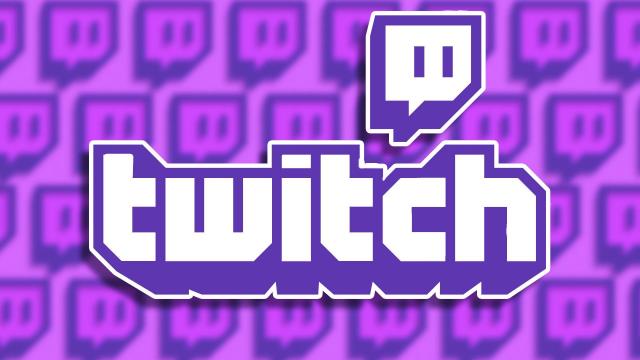Twitch’s big leak this month included more than just source code and payday info. Details emerged about a “do not ban” list, which sure sounds like the sort of nefarious document that allows certain people to play the same game by different rules. But a new Washington Post report indicates that the list is not quite as bad as you’d think. Also, it’s apparently ancient.
Read More: Streamers React To Leaked Twitch Income Rankings With Jokes, Criticism
Per the Post, which spoke to multiple former Twitch staffers under the condition of anonymity, the leaked version of Twitch’s “do not ban” list is about five years out of date. And when it was in place, it was less about offering blanket protections for popular streamers and more about creating a system in which those streamers weren’t banned “for something dumb,” as one former staffer put it.
For instance, big names who often broadcast non-gaming streams, like Tim “TimTheTatman” Betar, were indeed marked as “do not ban,” but only to inure Twitch staff from getting inundated with ban notices. (Once upon a time, Twitch did not allow non-gaming streams. Nuts, I know.) It’s not that bans were ignored outright. It’s just that an account marked as “do not ban” wouldn’t get banned in the blink of an eye by an admin, without due diligence.
Basically, “do not ban” meant “do not ban without digging into the reason first.” According to the Post, bans for partnered streamers were funneled to a separate “partner conduct” team.
Twitch did not comment in time for press.
Some observers of this month’s leak further raised eyebrows at a more explicit line: “do not ban in any circumstance.” But that phrase is more innocuous than you’d think, generally showing up in rare but necessary instances. To wit: It was applied to the account of Twitch co-founder and CEO Emmett Shear, which kinda makes sense when you think about it.
Of course, the “do not ban” system was based on human discretion, which, if history is any indication, isn’t always applied fairly. “It wasn’t quite a ‘get out of jail free’ card, but there were clearly some streamers who got treated with more chances or abilities than others,” one former staffer told the Post.
Former staffers told the Post that, for example, Bryan “RiceGum” Le and Tyler “Tyler1” Steinkamp were two streamers who repeatedly acted controversially yet were allowed to circumvent the ban hammer — specifically because of how many people tuned into their channels. (Tyler1 was banned from League of Legends, the game he’s best known for playing, in 2016. He returned in 2018 during a Twitch stream that clocked record numbers.)
In any case, the “do not ban” list, at least the version that was disseminated in this month’s leak, is no longer in place. These days, Twitch reportedly uses a Customer Relationship Management system (think, something like Salesforce) to filter bans based on objective metrics rather than favoritism.
